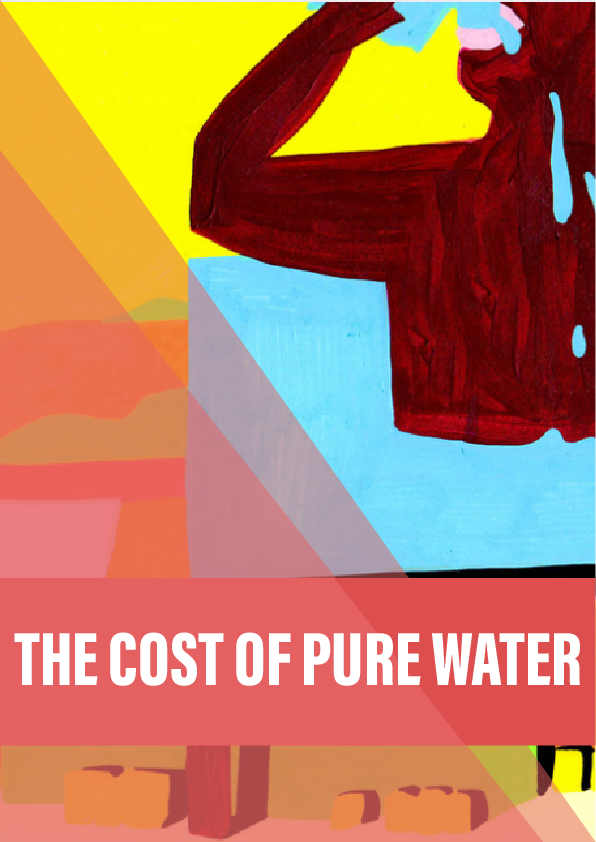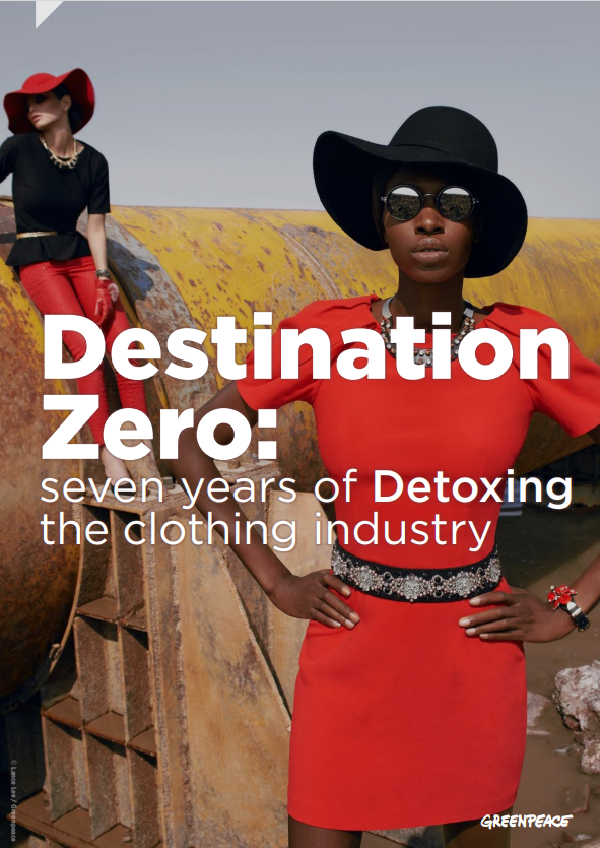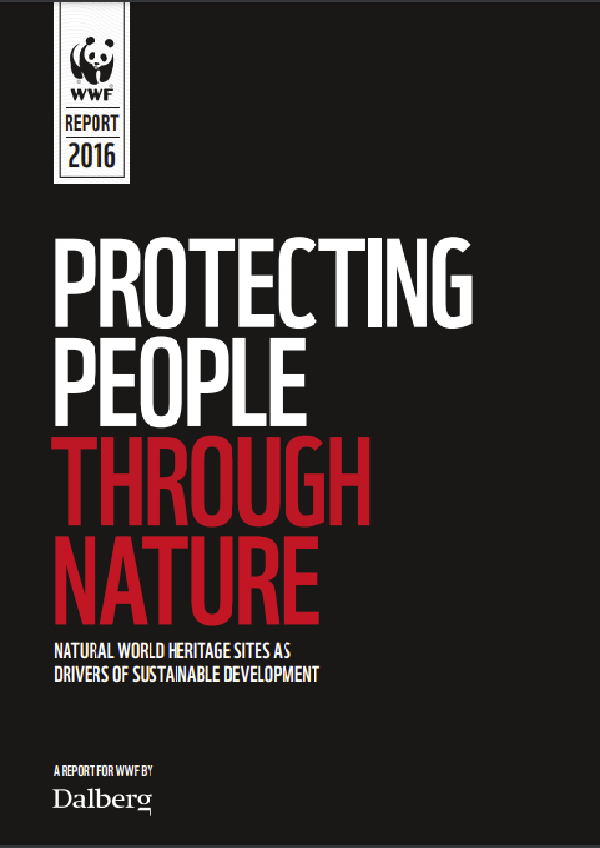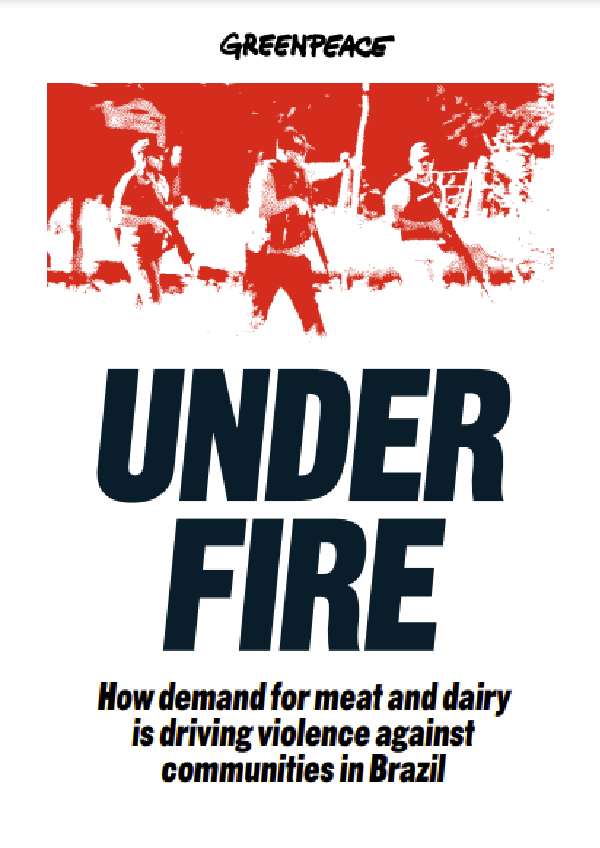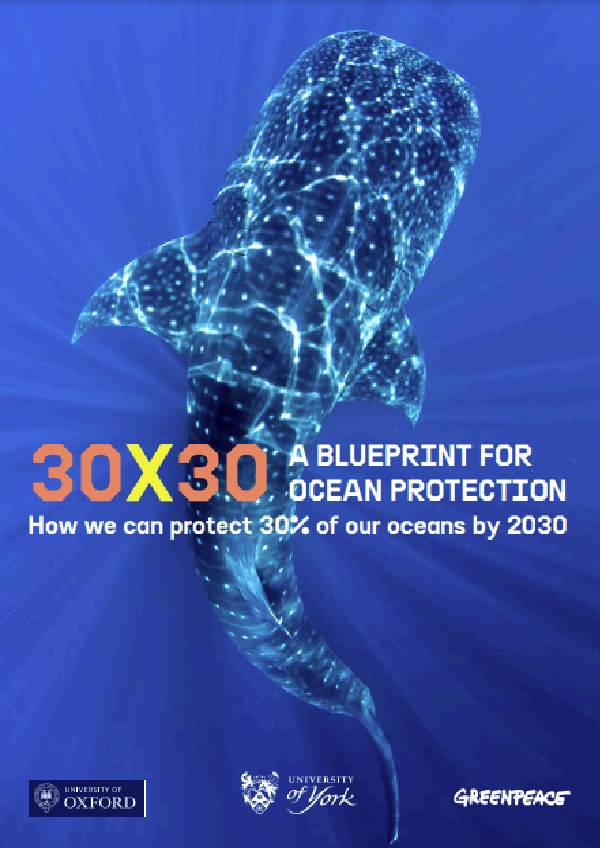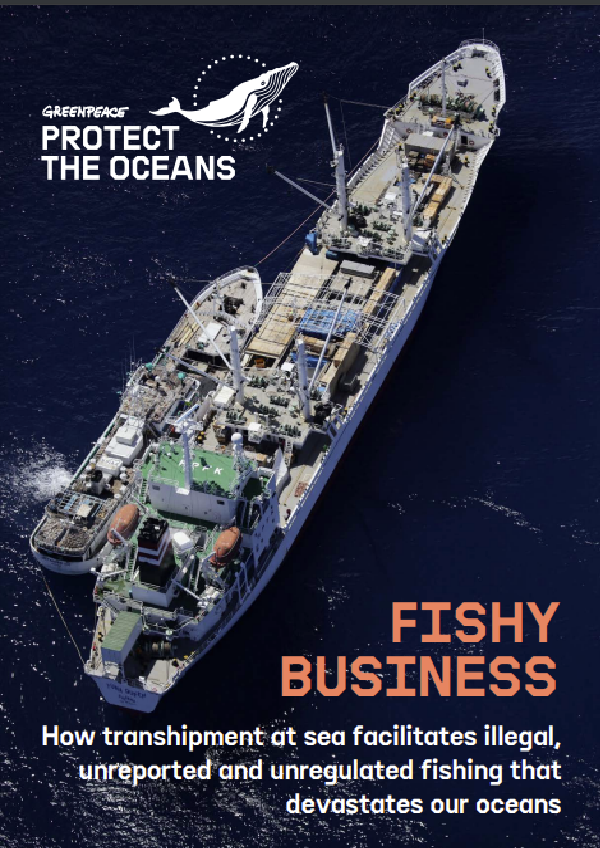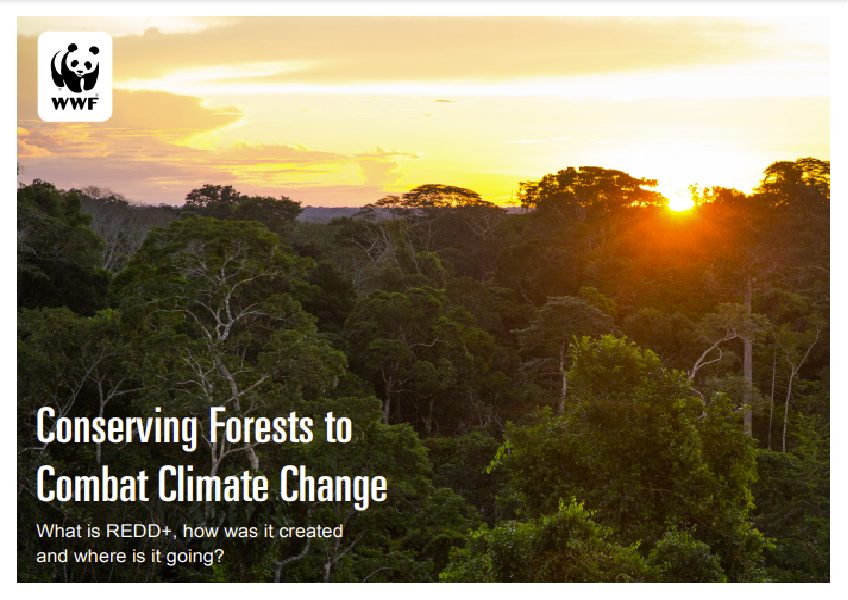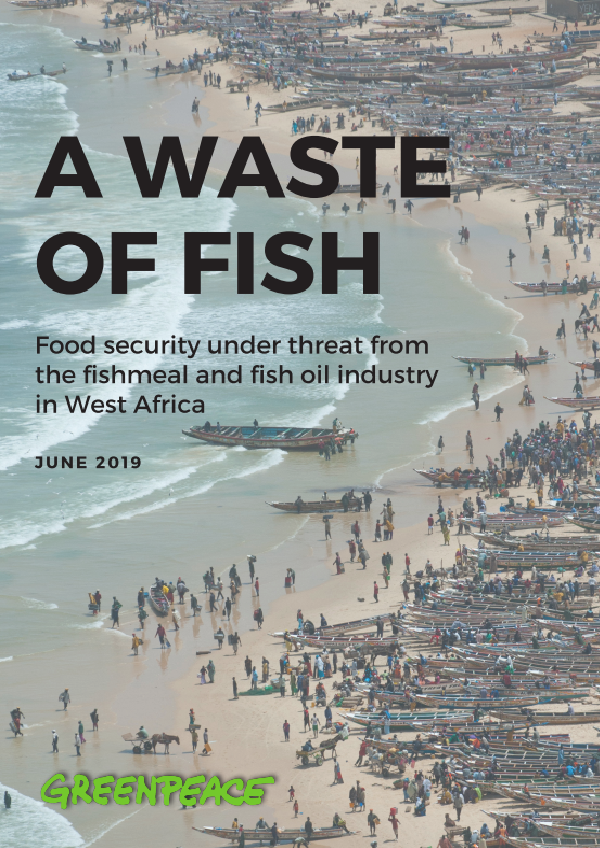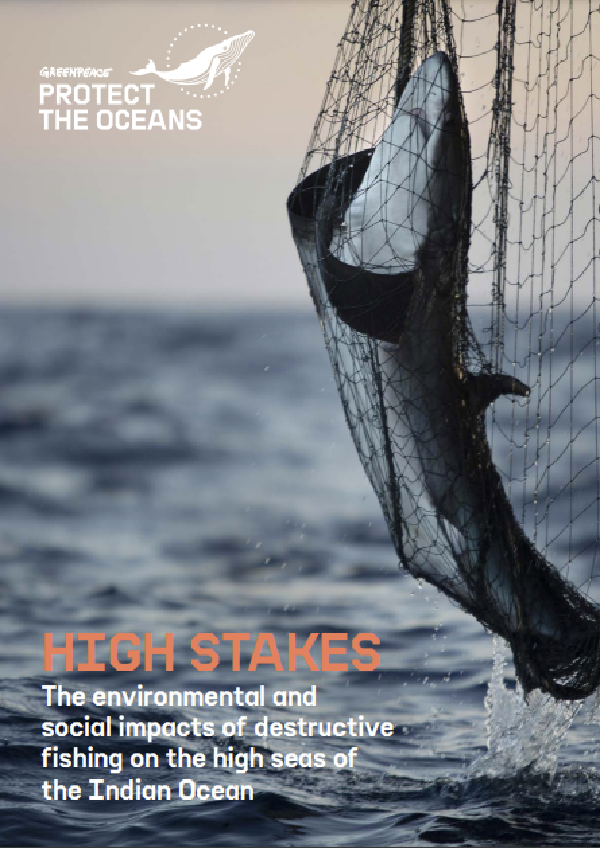Ghana has plenty of water. So why do its people buy plastic pouches from street vendors? Shaun Raviv investigates.
When Johnnie Water was a schoolboy in the Volta Region of Ghana, he and his classmates were required to go to the river every morning to grab at least two buckets of water each to help fill the school’s tank. Later in life, when Johnnie was a young man, the water didn’t flow often in the home he shared with his brother. They would leave a bucket under the open tap at night, and if they heard the echoing drips of water, they would get out of bed rather than miss the available running water hours. At the house where Johnnie Water lives now in Accra, Ghana’s capital, the water is plentiful, but every ounce of it is trucked in by a private company at great expense. Like most of his fellow Ghanaians, Johnnie has been chasing after water for his whole life.
Johnnie Water has lived in Tunisia, Belgium and Canada as an international consultant. He returned to Ghana, where he was born and raised, last year. Now he could visit his mother regularly, speak Twi with his compatriots and invest in his home country. “When I go and come back,” Johnnie told me during a bumpy ride to his office, “and see how humble people here are, I think, ‘we haven’t lost everything yet’.”
Rather than investing in unpredictable Ghanaian bank rates or buying a shop or another piece of land, Johnnie Water decided to put his money into a product with limitless demand: water. “There are very few businesses in Ghana where you won’t be swindled,” he said. Water is one of them.
Reference:
- All of Justin Stoler’s work was essential to the story, but particularly his ‘Sachet drinking water in Ghana’s Accra-Tema metropolitan area: past, present, and future’ as an introduction to sachet water in Accra.
- Anna Bohman’s doctoral dissertation, ‘Framing the Water and Sanitation Challenge: A history of urban water supply and sanitation in Ghana 1909-2005’, has a lot of information about water in Ghana going back to colonial times and led me to other important sources.
- ‘Water Wars in Kumasi, Ghana’ by Tom C McCaskie, has good background on the history of water in another major Ghanaian city.
- Franklin Obeng-Odoom has written two critiques of neoliberal programs that exacerbate Accra’s waste and recycling problems. Both are, unfortunately, gated: ‘Green neoliberalism: recycling and sustainable urban development in Sekondi-Takoradi’ and ‘Do African cities have markets for plastics or plastics for markets?’
- The statistics from ‘Microbiological quality of packaged water sold in Accra, Ghana’ are probably outdated now, but it’s a good example of older sachet studies in Ghana.
- Guidelines for drinking-water quality, fourth edition from the World Health Organization has great details on all the gross organisms we drink in Ghana and elsewhere.
